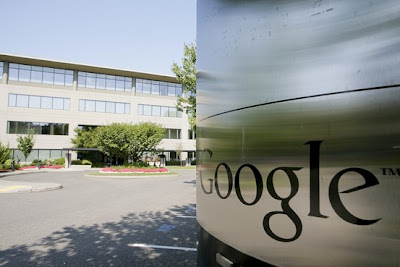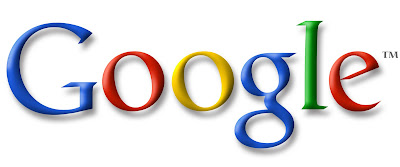Story from the Wall Street Journal
The traditional TV ad is losing luster as viewers get savvier about skipping commercials and some advertisers shift to the Internet to save money and target specific audiences.
Cable providers have helped undermine the 30-second spot by supplying digital video recorders to their subscribers and offering ad-free video-on-demand services.
 Now they are promising to help marketers reach TV watchers with new interactive advertising that seeks to engage viewers and borrows techniques from the Internet.
Now they are promising to help marketers reach TV watchers with new interactive advertising that seeks to engage viewers and borrows techniques from the Internet."It's about making the TV a more lean-forward medium than a strictly lean-back medium," said Bob Ivins, vice president of research and data products with Comcast Corp.
It's a goal that has long eluded the industry. While the Internet has blossomed as a medium that can deliver targeted audiences and accountable results, the cable industry has promised interactive advertising for years only to leave advertisers and investors disappointed with the progress.
Cablevision Systems Inc. plans to roll out an interactive service next month that will allow viewers to respond to a banner or pop-up on their screen during a commercial, and automatically order a coupon or product sample by pressing a button on their remote control.
"It allows us to combine the power of the Internet -- with its engagement, targeting and accountability -- with the power of the big screen," said David Kline, Cablevision's president of ad sales.
Cablevision said it expects to have several major brands involved this fall including Benjamin Moore, which will send coupons for free paint samples to viewers that respond to its ads with their remote.
Cablevision said it would charge advertisers a premium to participate, but it declined to provide pricing details.
Other major cable operators, like Comcast and Time Warner Cable Inc., have also added interactive advertising to their systems. And while the traditional TV ad is typically sold based on estimated audience size, many of these new ads are sold on a pay-for-performance basis more similar to Internet advertising.
Time Warner in January rolled out a "promotions on-demand" offering in its Los Angeles market. The ads direct viewers to interactive channels fully dedicated to marketing materials from an advertiser.
By July, there were 22 advertisers participating, including CKE Restaurants Inc.'s Carl's Jr. and Big O Tires LLC. On top of regular ad spots and a set-up fee, Time Warner Cable collects a fee each time a consumer clicks to the on-demand channel.
"Interactivity through the remote control seems to drive a higher response rate than driving audiences to get on the Internet or make a phone call," said Joan Gillman, president of media sales for Time Warner Cable.
Cablevision also provides interactive channels to advertisers, like Walt Disney Co., Mattel Inc. and the U.S. Navy. Once viewers are directed to the channels through an ad, they can use their remote to choose from a variety of marketing videos and they can opt to receive coupons in the mail or request a call from a salesperson.
"Using interactive techniques, we can get a targeted consumer to engage with a brand on TV for a much longer period of time than just a 30-second commercial," said Jacqueline Corbelli, chief executive of media agency BrightLine iTV.
The New York-based agency recently worked for Axe, a brand owned by Unilever PLC, on a campaign reaching 70 million homes on cable, satellite and other pay-TV systems for its Axe Dark Temptations, a chocolate-themed deodorant and body wash.
The ads appeared on RipeTV, an on-demand network targeting males 18-24 with extreme sports and other programming. Using pre-roll spots and pop-up banners, the ads prompted viewers to press a button on their remote to do things like enter a sweepstakes or play a game.
Kevin George, an ad executive at Unilever who oversaw the campaign, said "the response was great" because it reached its targeted audience "without interrupting them," in part because Unilever reached its targeted audience "in a place where they're comfortable, giving them the option to participate without interrupting them."





